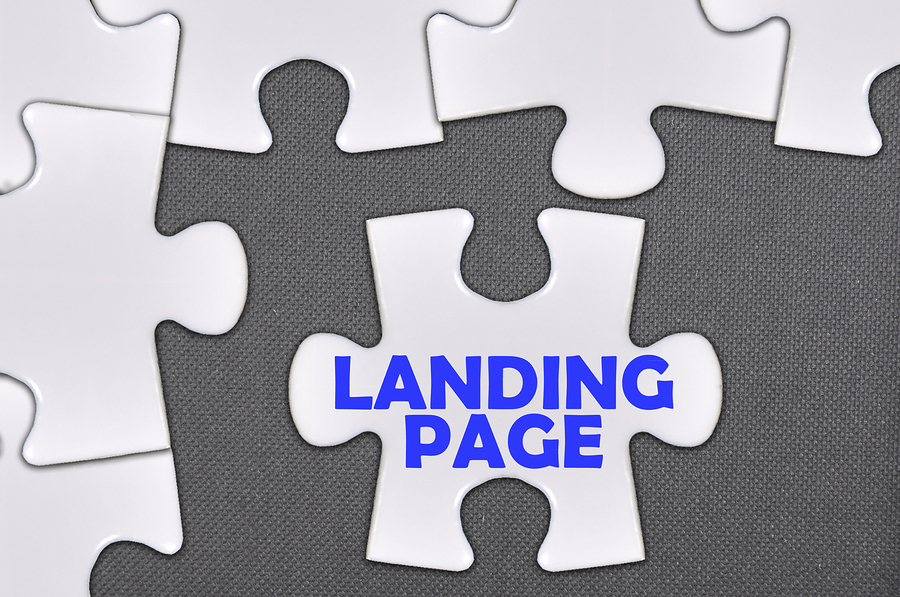4 ways to transform your landing pages for more impact
Landing pages offer a time-tested way to funnel your prospects toward a sale. They're tightly focused, which eliminates distraction, and they help...

Digital marketers use a huge variety of marketing tools to ensure the effectiveness of their campaigns. One of the more powerful of these tools is the landing page.

Landing pages are the bread and butter of digital marketing. ![]()
A landing page is a special web page set apart from your normal website for a specific purpose. It is a page that someone lands on (hence the name!) after responding to a marketing call-to-action (CTA).
For the purposes of digital marketing, it exists to encourage a lead to take a specific action, often related to a specific marketing campaign.
This means that, from the perspective of a digital marketer, a landing page is not just any page on your website where a visitor might land. Rather, it is a web page with a specific purpose to prompt engagement in some form, whether filling out a form, signing up for something, donating money, making a purchase, or other action you want your web visitor to take.
Think about the nature of your website. For the most part, the content on you website is fairly static.
In many cases, the only thing that changes with any regularity on your site may be your blog. That's okay if you use landing pages as tools to keep web traffic flowing and campaigns running smoothly.
Neil Patel puts it this way: "Every online business has a specific reason why they need a landing page, but here it is in a nutshell: You need a landing page to achieve a particular goal, whether that's building your brand, growing your email list or making a profit."
Here are three key factors of a strong landing page:
Simplicity: A well-designed landing page is simple. It clearly defines what action you want the viewer to take. It makes a strong impression because it is uncluttered, taking advantage of the short attention span of the viewer to relay your pivotal message succinctly. A strong landing page provides the user with a frictionless conversion experience.
Clarity of Purpose: Strong landing pages eliminate the distraction of multiple choices. They don't use multiple, confusing CTAs. With a clear CTA designed to prompt only one specific action, the viewer does not have to work to figure out what is happening. This eases the conversion process for many web visitors.
Filtering and Prompting Engagement: When you are using other digital marketing tools like pay-per-click ads, affiliate links, or multiple different channels to drive traffic to your website, landing pages can be incredibly effective in filtering your traffic and prompting user engagement.

A strong landing page must always include a clear call-to-action. ![]()
The Forbes article "How to Build the Perfect Landing Page for SEO or PPC" explains how this filtering occurs. It notes: "With landing pages, you can easily filter your audiences. First, you can separate portions of your audience based on their origins. For example, a potential customer who finds out about you on social media probably won't have the same interests as one who finds you through a PPC ad. Using unique landing pages helps you cater your message to very specific sections of your audience. Plus, using an entry landing page can help you separate truly interested parties from passersby, since landing pages encourage immediate conversion."
Are you currently using landing pages? If so, are they performing well? For an objective opinion, contact us today to get a free inbound marketing assessment.


Landing pages offer a time-tested way to funnel your prospects toward a sale. They're tightly focused, which eliminates distraction, and they help...

When you think of marketing automation, you might imagine a warehouse full of robots or a collection of algorithms that can click buttons and...

Though B2B consumers continue to indicate a preference for inbound marketing over more traditional marketing methods, some B2B companies have been...